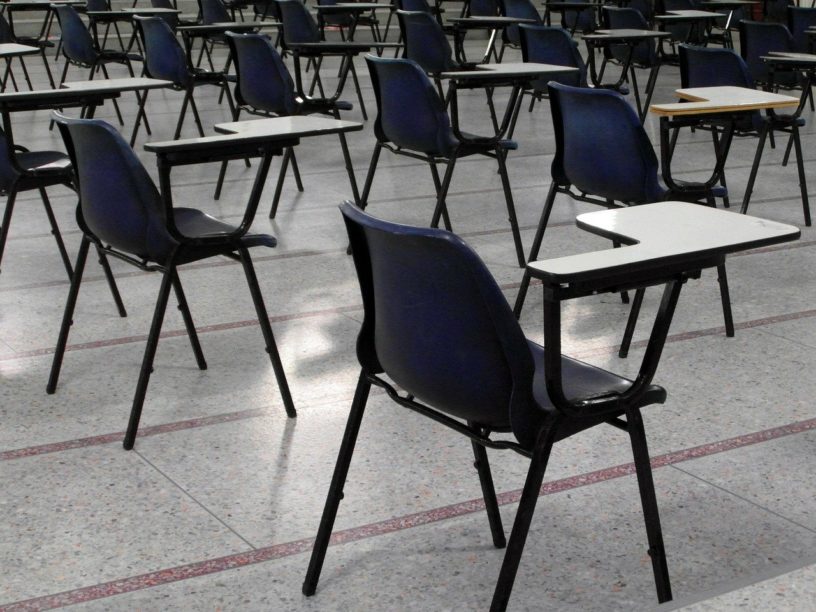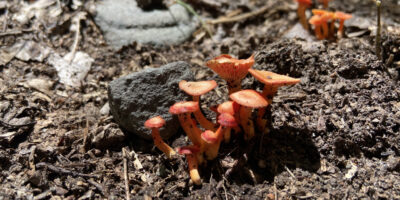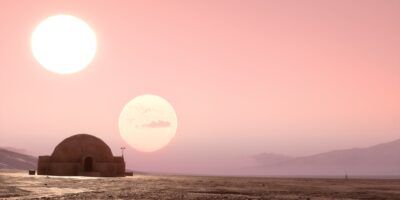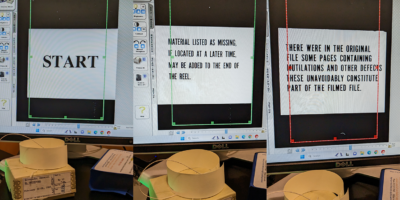By Chinonye Alma Otuonye
After a semester filled with anxiety over my role as a teacher, my need to have my students realize the value of their voices in the educational process, to the experimentation that is syllabus-making and pedagogical practices, the semester has finally come to an end. There is an excitement in the students because the readings have finished and the writing assignments are momentarily done before the start of a new term. There is an excitement on both parts: an upcoming break before another semester, and a new set of students and classroom experience. However, after a semester of joint learning it’s hard to say goodbye to the relationship. What is the student-teacher relationship after the semester ends? For some, it is nice to have a simple goodbye, but after four months of connecting with students it felt odd to me to just have an abrupt end.
Walking into the classroom to see these faces one last time before they rush off to write their final paper and prepare for their other class finals is a bittersweet moment. The syllabus reads a review week. Today will serve as a way for them to discuss the various questions they had over the semester, feelings they had about the class, what they’ve learned, etc. There is a bit of openness and flexibility in the structure of the last class. It’s reminiscent of the first day of class but rather than meeting strangers for the first time, we’ve come to know each other, or rather the classroom side of each other, well.
Since many of my students have no intention of going into the field of anthropology, this is the time for me to get a sense of what they think the impact of this class has been in their progression into their respective fields. As my students make declarations of futures as doctors, educators, business people, and pharmacists, questions arise over applications and more. My students being predominantly lower income and underclassman, many don’t necessarily have the access to mentorship and guidance that is more easily afforded to students of higher incomes. So while this class period was aimed at discussing the impact of this class, it’s also important that they feel like they can ask me questions around what to be thinking of as they move further into their educations and careers.
After hearing their various responses to the question of their future aspirations, one of my older students boldly asks to hear my own trajectory. Allowing them insight into my own path provides them as space to think through their own plans for themselves. However, the navigation I’ve gone through throughout my educational trajectory has been heavily influenced by the intersections of my identity. It is this question of identity that in many ways has been central to the class. From covering issues of race, gender, environment, and immigration, the answering of their question necessarily requires that I bring it back to our class discussions.
I’m brought to the words of a professor I deeply respect. When asked about his thoughts on teaching in a discipline where most of his students are simply fulfilling a requirement, he answered that despite that fact, his job was to provide a space where they could see and question the world; a space where going into the future they understood the complexity of the world and its impact on they way we treat, act, and engage with one another. Simply put it, he saw his job as preparing a younger generation for an unequal world in the hopes that they engage in ways to make it more equitable. In the same way, as they move on in their lives, my hope is that this class helps them think through the tangledness of the world, the various power dynamics at work constantly in their lives and the lives of those around them in the hopes this allows them to be more compassionate and motivated to do better.
Chinonye Alma Otuonye is a doctoral student in Cultural Anthropology and teaches at Lehman College.










Leave a Reply